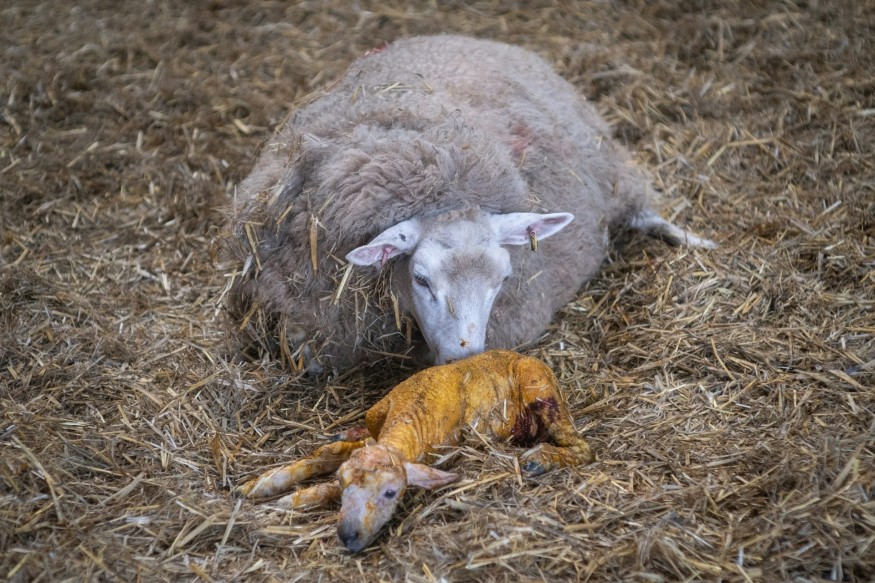
February 06, 2025 - 1273 views
Pregnant women in Wales are being reminded to avoid contact with animals that are giving birth, have recently given birth, or have aborted. This advice, which also applies to women who may not yet know they are pregnant, is particularly relevant during the lambing season in Wales.
Public Health Wales is issuing this guidance due to the risks posed by infections that can occur in some ewes, which may have serious consequences for pregnancy.
Pregnant women and those with weakened immune systems, such as individuals undergoing chemotherapy or with certain medical conditions, who come into close contact with sheep during lambing may be at risk. Infections such as enzootic abortion (EAE), Q fever, Salmonella, and Campylobacter can be transmitted, as well as other zoonotic infections including Toxoplasma and Listeria.
Dr Christopher Williams, Consultant Epidemiologist and Head of the Communicable Disease Surveillance Centre, said:
"While it’s rare for pregnancies to be affected by animal contact, the potential consequences can be serious.
"It is important for pregnant women and those with weakened immune systems are aware of the risks posed during this season and take precautions to protect themselves.
"Avoiding close contact with lambing ewes and other animals giving birth is the best way to reduce this risk."
To reduce the risk of infection, pregnant women should avoid assisting with lambing, calving, or kidding.
Avoid contact with new-born lambs, calves, kids, or any afterbirth, birthing fluids, or contaminated materials (e.g. bedding, clothing).
Avoid handling clothing, boots, or materials that may have come into contact with recently birthed animals or afterbirths. These items should be washed on a hot cycle before handling.
Ensure that household members who have attended lambing ewes or other birthing animals take appropriate hygiene precautions, including wearing protective clothing and washing thoroughly. If thorough cleaning is not possible before bedtime, consider sleeping in separate bedrooms.
Wash hands thoroughly with soap and water—hand gels alone are not sufficient—and keep nails short and clean.
Farmers and livestock keepers have a responsibility to minimise risks to pregnant women, including family members, visitors, and professional staff. Pregnant women and immunocompromised individuals should avoid direct involvement in the care of heavily pregnant animals.








